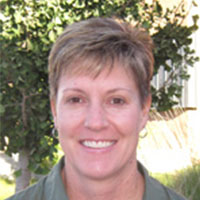





Nathan Tintle (Dordt University); Beth Chance, Karen McGaughey, & Soma Roy (Cal Poly); Todd Swanson, Jill VanderStoep (Hope College)
Schedule
Saturday, June 26, 11:00 am – 1:00 pm ET
Saturday, June 26, 1:30 pm – 3:30 pm ET
Abstract
In an increasingly data-centric world, where both consumers and creators of statistical information are required to understand the complex associations among the many variables that form the basis for good data-driven decisions, we pose the question: How can teachers of statistics, at all levels, introduce and build facility with multivariable thinking? With the recent recommendation in the GAISE Guidelines (2016) to include multivariable thinking in the first course and the push to make the second course in statistics more appealing and accessible to an increasingly mathematically diverse audience, now more than ever instructors of statistics need pedagogically-sound, conceptually-based methods and visualizations to develop multivariable thinking. The purpose of this workshop is to discuss and explore hands-on ways in which concepts like sources of variation, R2, adjusting for confounders, designing-out source(s) of variation, Simpson’s Paradox, and interaction can be part of Stat 1 and/or Stat 2 curricula. Using a strategy our group has used in dozens of previous workshops, we will use a mix of interactive presentations, small group discussions (pair-and-share), large group discussions, and time for individuals and small groups to work through active learning example materials 'playing the role of student.' Participants will utilize freely available web-applets and online examples of student facing instructional materials throughout the workshop. Prior experience teaching a first or second course in statistics will be helpful for context, but is not required.
